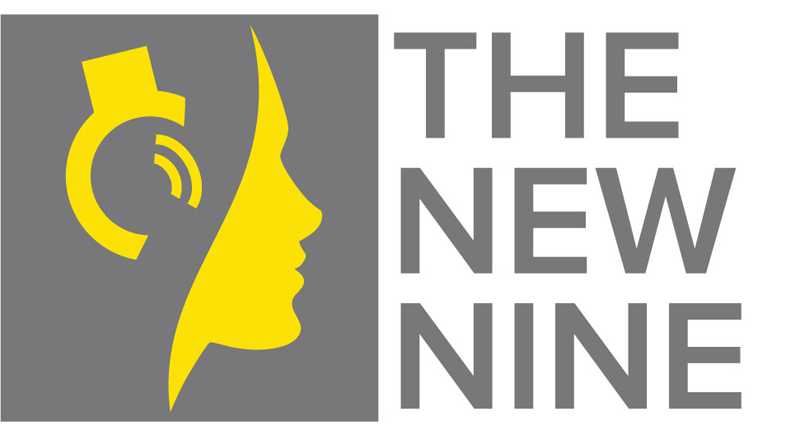ABISHA is exactly what we need in music right now. She's a musician, writer, and she works with fashion. She's also striving to be a role model for gay women of color and be the representation she never got to see growing up. We're already obsessed with her and we can't wait to see what she does next.
How did you get started in music?
ABISHA: I sang when I was little but mostly musical theatre stuff. Then when I was 14 I asked for a guitar for my birthday and I started writing songs all the time. I moved to London when I was 19 and shortly after I met my first producer, that was my real introduction into the music industry. I've worked with them for almost 5 years.
tell me about real life - what’s the story behind the song?
ABISHA: The story behind "Real Life" is basically that feeling we’re all so familiar with when you’re with someone or you’re really into someone but you just feel like they’re not quite "there." It feels like no matter how close they really are, you just want them even closer because something’s missing and you can’t quite put your finger on it. It’s about wanting to spend all of your time with someone and wanting them to yourself. The twist is in the first verse with the use of past tense and lyrics such as "loved you the most" and "maybe I was loving a ghost" which suggests that the relationship didn’t work out due to distance.
You’ve talked about having no one like you to look up to, how did you become the role model you wanted to be?
ABISHA: I think when I was growing up there were significantly less people of color in the media which is changing a lot already and that's amazing. I think being a woman of color who is also gay is something that’s still widely underrepresented so the only way for me to become the role model that I needed growing up and one lots of people still need now is to just be 100% authentic to myself and be proud of who I am. It’s important to show people that we’re out here!
Why is it important for there to be more representation of gay women of color in the music industry?
ABISHA: The music industry is one of the biggest industries in the media and one of the key places that young people look for role models. It’s important for there to be more representation of gay women of color in the music industry because there’s a whole generation who can identify with this who have a very limited number of people who they can relate to and look up to.
You’ve also worked with a lot of fashion brands, why do fashion and music always crossover? How did you get into all that?
ABISHA: Music and fashion go hand in hand for me. They’re both equally my two passions and outlets of expressing myself. I couldn’t live without either one. I think they always crossover for a few reasons; artists are very creative people so often the way that they present themselves is creative too. I’ve been interested in fashion since as young as I can remember but it became a huge part of who I am when I was about 17 and starting to realize who I was. I studied fashion buying and brand management at uni too, my goal is to be able to succeed in both music and fashion somehow.
What has been the highlight of your career so far?
ABISHA: Definitely my recent trip to New York! I went over there to shoot a music video for my next single "Love Like This" and it was just the most incredible thing ever. I’d never been before so it was so special and I got to hang out with my team over there. It felt like a dream. I’m so grateful.
What’s your best piece of advice to your younger self?
ABISHA: Nothing is impossible. Don’t give up on something you want just because it seems unrealistic. And don’t compare yourself to other people; your uniqueness is what makes you special and being different isn’t a bad thing.
[widgets_on_pages id=Emily-Treadgold]

